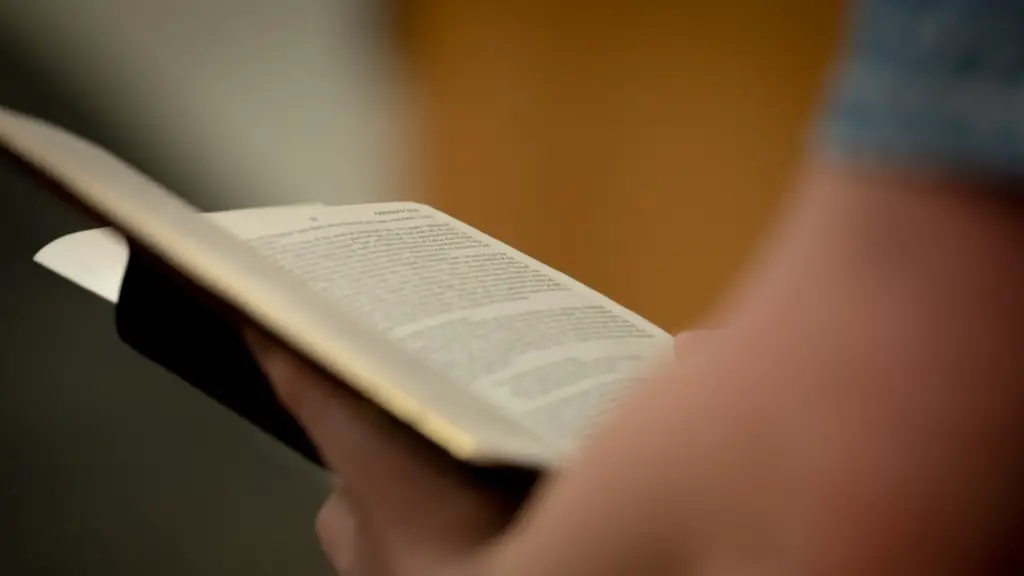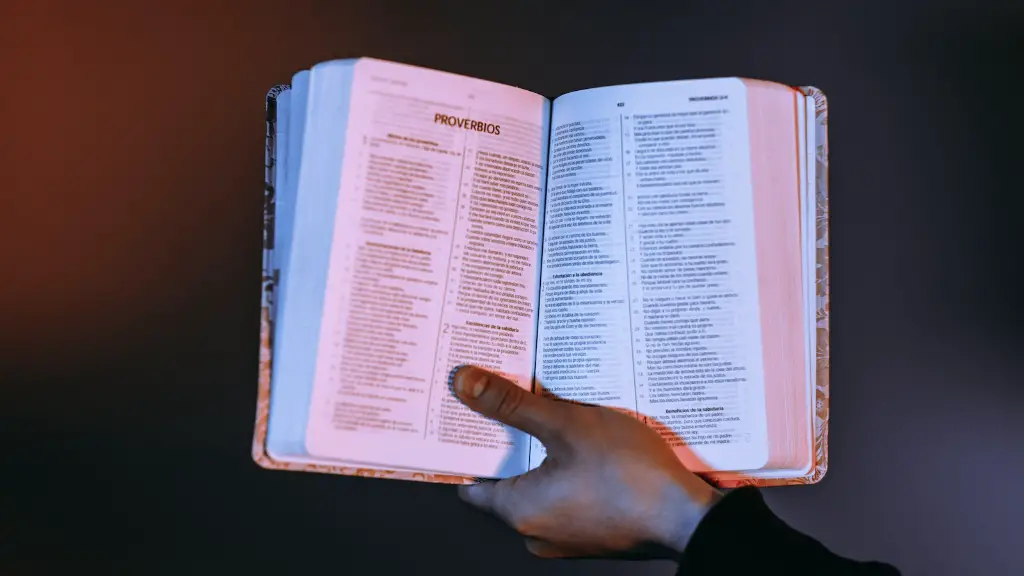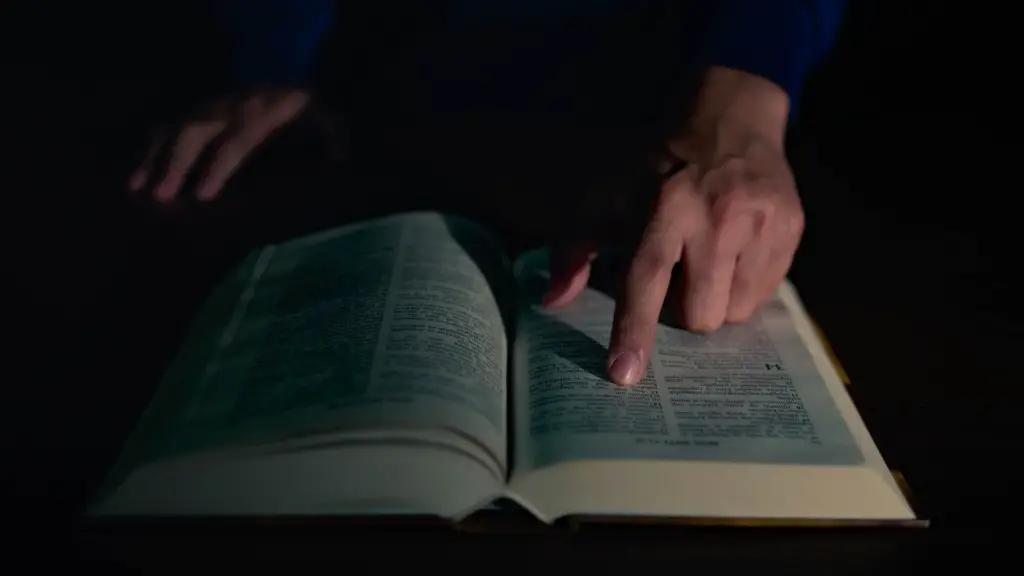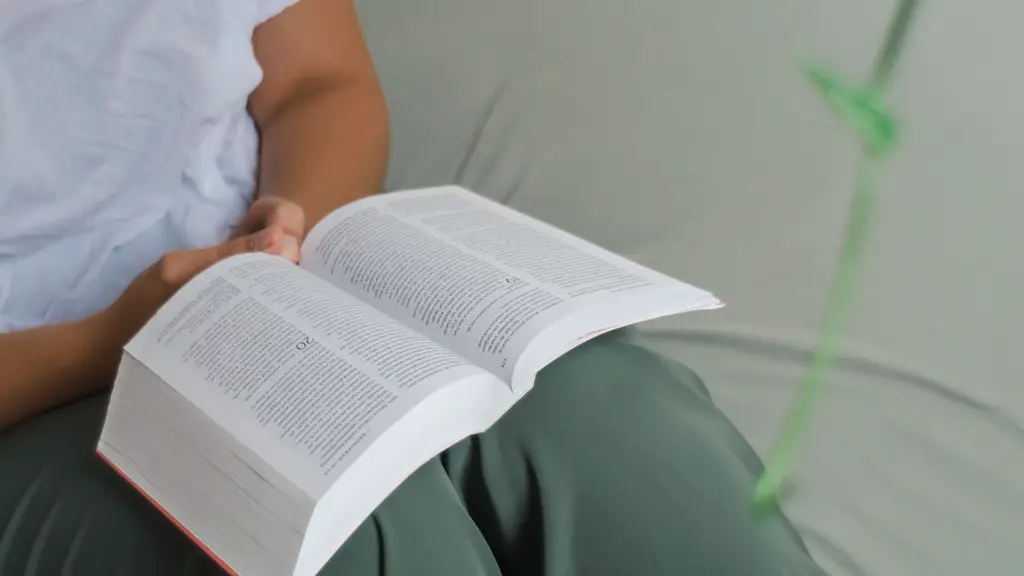Holy Communion is one of the two main sacraments of Christianity (the other being Baptism). It is considered a modest meal, in which bread (often in the form of wafers) and wine are eaten and drunk. The bread symbolizes the body of Christ and the wine his blood. According to the beliefs of most Christians, when the bread and wine are consumed, Christ is also eaten and drunk.
Holy communion is a Christian rite that is typically observed during a worship service. The act of communion symbolic of the shared experience of Christ’s sacrifice and encourages Christians to remember and emulate his example of love and selflessness.
What is the biblical meaning of Holy Communion?
The Eucharist is a Christian sacrament in which consecrated bread and wine are consumed as memorials of Christ’s death or as symbols for the realization of a spiritual union between Christ and communicant or as the body and blood of Christ.
The Holy Communion is an important way to understand and continue to acknowledge Christ’s act of sacrifice. This sacrifice is the basis of the Christian worldview and should not be downplayed. The Lord’s supper signifies the New Covenant with Jesus Christ being the sacrificial lamb for humanity (1 Corinthians 5:7). Through Christ’s sacrifice, we are able to have a personal relationship with God and be forgiven of our sins. This is a special and sacred act that should be treated with reverence.
Why do people take Holy Communion
Holy Communion underpins Christian worship in many denominations. For some Christians, taking Holy Communion is seen as a way of giving thanks for what Christ has done for them. It is also seen as a way of receiving spiritual nourishment for the week ahead. Holy Communion reminds us of the suffering and death of Christ, and is therefore seen as a very important part of Christian worship.
Communion is a special and sacred time for Christians, where they remember and give thanks for Jesus Christ’s sacrifice on the cross. This act of worship allows believers to draw closer to God and to each other, as they commemorate the Lord’s death and resurrection. Communion is a time for prayer, meditation, and reflecting on the great love and mercy of God.
What are the 3 requirements for receiving Holy Communion?
In order to receive the Eucharist, communicants must seek it out on their own initiative, rather than being invited to take it. They must also be unable to receive it from their own ministers, and must demonstrate that they comprehend the Catholic understanding of the sacrament. Finally, they must believe themselves to be free of grave sin.
The Eucharist, or communion, is a central part of many Christian worship services. The word “Eucharist” comes from the Greek word for “thanksgiving.” In the Eucharist, bread and wine are consecrated and shared among the community. This act of sharing is seen as a way of uniting the community and giving thanks to God.
Can I take Holy Communion without being Baptised?
The Episcopal Church has a long-standing tradition of requiring baptism for participation in Holy Communion. This requirement is based on the belief that baptism is a sign of entry into the Christian faith, and participation in Communion is a sign of belonging to the Church. In recent years, some have argued that the baptismal requirement is a legalistic barrier to hospitality, and that it should be removed in order to allow unbaptized people to participate in Communion. However, the Episcopal Church has affirmed the baptismal requirement, and continues to believe that it is an essential part of our shared life in Christ.
Just like in New Testament times, God calls us to come to communion with a heart that is repentant and desires to be right with God and all the people in our lives. Does this mean we need to be a perfect person to go to communion? No! In fact, communion reminds us of the forgiveness we experience through Christ. We don’t need to be perfect to receive forgiveness and grace from God.
Is it necessary to receive Holy Communion
The Church teaches that intentionally skipping Mass on a Sunday or holy day of obligation when one is able to attend also is a mortal sin. The 1983 Code of Canon Law (CIC) emphasizes this requirement for receiving Holy Communion when it states: “A person who is conscious of a grave sin is not to be admitted to holy communion” (CIC 915).
While there is no clear command in Scripture as to how often churches should offer the Lord’s Supper, many churches have decided not to offer it weekly in order to preserve its special status. This is a personal decision for each church to make, but it is important to remember that the Lord’s Supper is a special occasion to remember and give thanks for what Christ has done for us.
Who Cannot receive Holy Communion?
According to the Catholic Church, those who have been excommunicated or interdicted after the imposition or declaration of the penalty and others obstinately persevering in manifest grave sin are not to be admitted to holy communion. This is because communion is considered a sign of unity and forgiveness, and those who are not in communion with the Church are not considered to be in unity with God.
Communion is a time for Christianity to remember the death, resurrection, and return of Jesus Christ. It is also a time for reflection on one’s personal relationship with Christ. Finally, it is a time for repentance, which is necessary for anyone who wishes to have a right relationship with God.
Who is supposed to receive Holy Communion
Only baptized Catholics are eligible to receive Communion because they are the only ones who have received the sacrament of baptism.
Receiving Holy Communion is a sacred and special moment for Catholics. It is a moment when we are receiving the Body of Christ and uniting ourselves with Him. In order to show reverence for this sacrament, we bow our heads before receiving the consecrated host. We can receive Communion either on the tongue or in the hand, whichever we feel more comfortable with.
What do you say during communion?
This is a very special moment in the Catholic Mass. You are being offered the most precious thing in the world- the Blood of Christ. This is a moment to remember that you are a Christian, and to proclaim your faith. Bow your head and say “Amen” to show your respect and reverence.
Most Catholic children receive their First Holy Communion when they are 7 or 8 years old as this is considered the age of reason. Older people who have not received communion before can do so for the first time when they have met all the Catholic Church’s requirements.
Can you go to heaven without being baptized
Salvation is not restricted to baptism, but it is essential for entrance into the kingdom of God. Jesus did not set baptism as a hindrance to salvation, but just the opposite. We often judge things by human standards, but God is not restrained by our standards.
The Church holds that there is a strong connection between a person’s desires and their actions. If someone wants to be a Christian, but has not yet been baptized, they need to receive instruction and then be baptized. Similarly, if someone wishes to receive the Eucharist but does not profess the Catholic faith, they must be instructed and make a profession of faith before doing so.
Warp Up
Holy Communion is mentioned several times in the Bible, most notably in the New Testament. It is a Christian tradition that is based on the Last Supper, where Jesus is said to have shared bread and wine with his disciples. Today, many Christians partake in Holy Communion as a way to remember and show their gratitude for what Jesus did for them.
There are many different interpretations of holy communion in the bible, but the general idea is that it is a sacred meal that is shared among believers in order to remember and celebrate the life, death, and resurrection of Jesus Christ.





